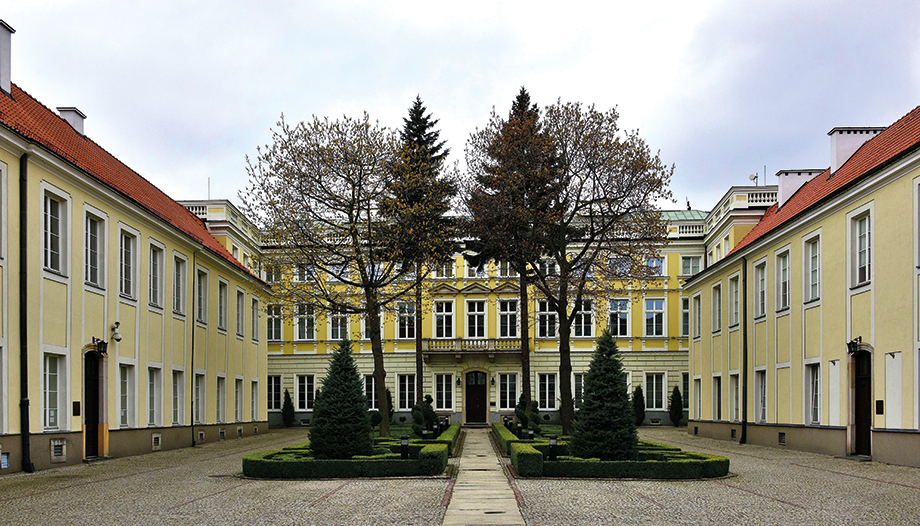A few weeks ago, the Polish Episcopal Conference issued a "general decree" that addresses the issue of the public image of priests and consecrated persons both in the traditional media and in social networks. It is a measure made necessary by the technological advances of recent years, which is intended to alleviate in some way the possible risks of "bad reputation" and the misuse of modern technologies. An initiative, moreover, that could also be borrowed by the Episcopal Conferences of other countries. Omnes interviewed Przemysław Sliwinski, PhD in Institutional Communication and spokesman for the Archdiocese of Warsaw, on the subject.
Sliwinski, what exactly does this recent Decree of the Polish Bishops' Conference envisage?
-The document focuses on the identity of priests and consecrated persons, highlighting the possible consequences and responsibilities with regard to their public speeches as ecclesial representatives who openly transmit the doctrine of the Church and not their personal opinion.
Specifically, there are two rules. First, the need to wear the religious or clerical habit during interviews and television programs. Consequently, in the case of social networks, it is requested that their public profiles be clearly identifiable, with a photo or description that makes it clear that they are a consecrated person or priest.
A second aspect of the Decree establishes that any continued collaboration with the media by ordained or consecrated persons must be confirmed by the bishop. Evidently, the document does not establish any "censorship" on posts published on social networks. The news that everything that priests and consecrated persons post on social networks is now being controlled - we do not know by whom - is false.
From the point of view of a Church communicator, how useful is this initiative?
-Thinking about the Polish reality, we have forty dioceses, some with their own legislation, on the relations of priests with the media. Each province can also establish its own norms in this regard. Perhaps the idea of the document is to introduce a norm for the whole country.
For example, as a spokesman for the Archdiocese of Warsaw, I can confirm that we do not have our own document establishing norms on the relationship of priests and religious with the media. We are simply engaged in the educational aspect of the issue from seminary formation. I myself have been training seminarians in the media for more than ten years. These "rules" are clear and all priests consider them normal at this point. Moreover, if problems were to arise, their root would not be directly related to the lack of a "document", but would have deeper causes.
The Polish Bishops' Conference itself had already published a similar text in 2004, which was limited only to traditional media. What are the real changes now?
-After the publication of the Decree, there was a general debate that led to fears of further restrictions. In any case, this "new document" was created to replace the previous one of 2004. In fact, it complements it by continuing its logic. It adds, of course, the projection and impact of the presence of religious and priests in the social media, which did not exist then.
Do you think that this Document could also be of some use to other Episcopal Conferences?
-Before answering, I would like to make a clarification. There can be three types of documents on this issue: the first, of a legislative nature; the second, of a formative nature; the third, on the Church's communication strategy in relation to the media.
In my opinion, it should be clear that the character of this document may appear to be legislative in form, but in content it has a formative character. For this reason, I call attention to the need to prepare a careful strategy, in each country, in relation to the presence of the Church and her representatives in the media, obviously adapted to the present times.
Anything else to add?
-This new general decree has had the merit, beyond the reactions it has provoked, at least in Poland, of making us realize that we can no longer do without taking care of communication, and that the social media are not something playful or transitory, but a concrete reality of our existence, which we must use with the right discernment and act with due preparation.








